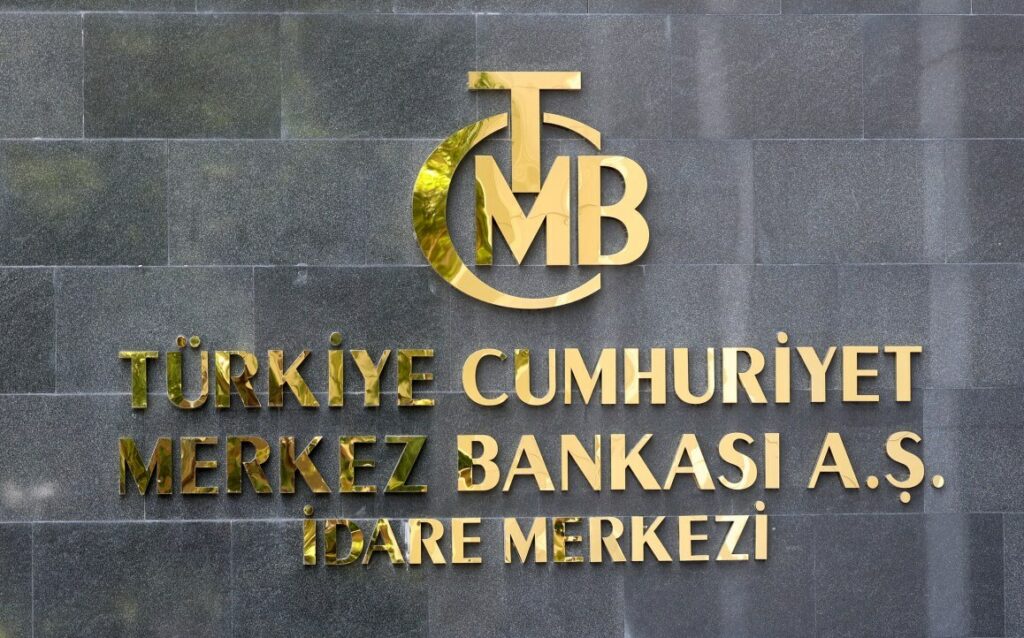Turkey’s central bank directed lenders to put portions of their lira required reserves into blocked accounts, according to a document sent on Wednesday, in the latest move expected to tighten liquidity and push up deposit rates, Reuters reported.
The rule, which had not been previously reported, comes into effect on Friday. It marks authorities’ latest effort to cool inflation that hit 67 percent last month, data that stoked some expectations that more monetary tightening will be needed.
Bank stocks dropped almost 5 percent after the Reuters report.
In response to the recent tightening steps, some banks have curbed lending by cutting lira commercial loan limits to 100,000 lira ($3,100), adding to expectations that rates on these loans will rise further, according to three bankers.
While the central bank held its key interest rate steady at 45 percent last month after an aggressive tightening cycle, Finance Minister Mehmet Simsek this week promised tighter fiscal policy to help the central bank reduce inflation.
Simsek met with bankers in Istanbul on Tuesday and discussed the recent policy tightening measures and their impact in detail, three bankers told Reuters.
According to the central bank document seen by Reuters, banks with asset sizes larger than 100 billion liras ($3.11 billion) will be required to impose a block on 15 percent of lira required reserves as of Friday.
Those with more than 500 billion lira ($15.57 billion) will impose it on 25 percent of lira required reserves, it said.
The lira weakened a bit to match a record low touched on Tuesday of 32.1 versus the dollar, bringing its losses this year to 8 percent. Turkey’s CDS fell back down to 310, its lowest since March 1, and the banking index dropped by nearly 5 percent before recouping some losses.
Mehmet Baki Atilal, deputy general manager of research at A1 Capital, said news of the central bank regulation undercut bank stocks because it “is poised to elevate interest rates and pose a burden on bank profits”.
More rate hikes?
According to official data, the average interest rate applied to lira commercial loans – which was below 15 percent before general elections last May – rose to more than 54 percent in the first week of March.
The bankers, speaking on condition of anonymity, said the rate had since reached about 60%, and that lenders had also reduced loan limits on some agriculture loans.
“Some banks have stopped lending and some even recalled their already granted loans,” said Arda Tunca, independent economist and financial sector consultant.
“This is going to cause a further liquidity squeeze.”
After President Recep Tayyip Erdoğan’s re-election in May, Turkey abandoned its years-long unorthodox low rate policy in favor of tightening, raising its key rate to 45 percent from 8.5 percent since June.
Authorities are expected to take more policy steps to cool inflation after local elections on March 31, setting the stage for more pain for Turks already struggling after years of soaring prices.
Wall Street bank Citi said the central bank may need to respond to the sliding lira, higher-than-expected inflation, slipping reserves and weak FX inflows.
“It is becoming increasingly evident that there is a need for a tighter monetary policy stance and a faster normalization on the regulatory front,” it said.
Last week, Fitch raised Turkey’s rating to “B+” from “B,” saying tighter approaches to monetary policy were helping combat inflationary trends.
($1 = 32.1 liras)

